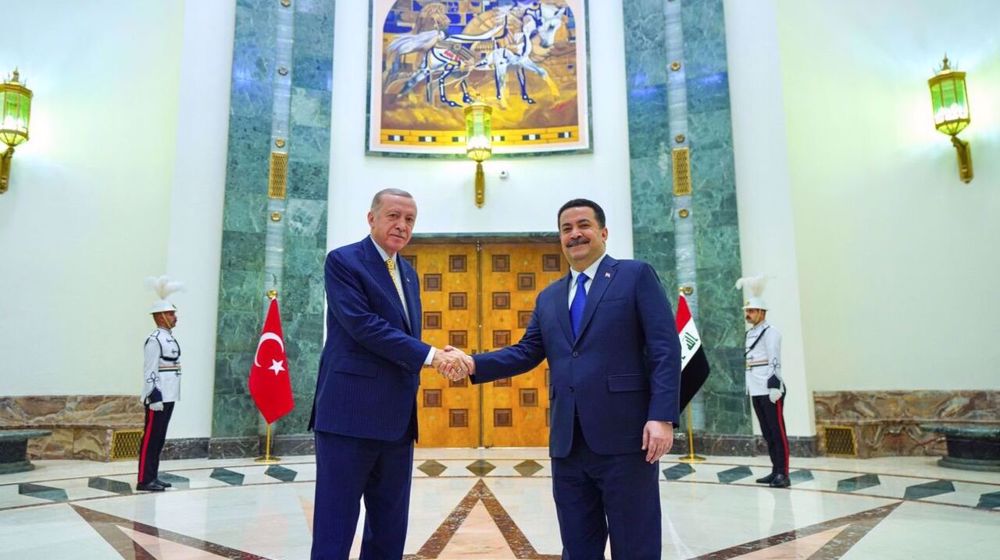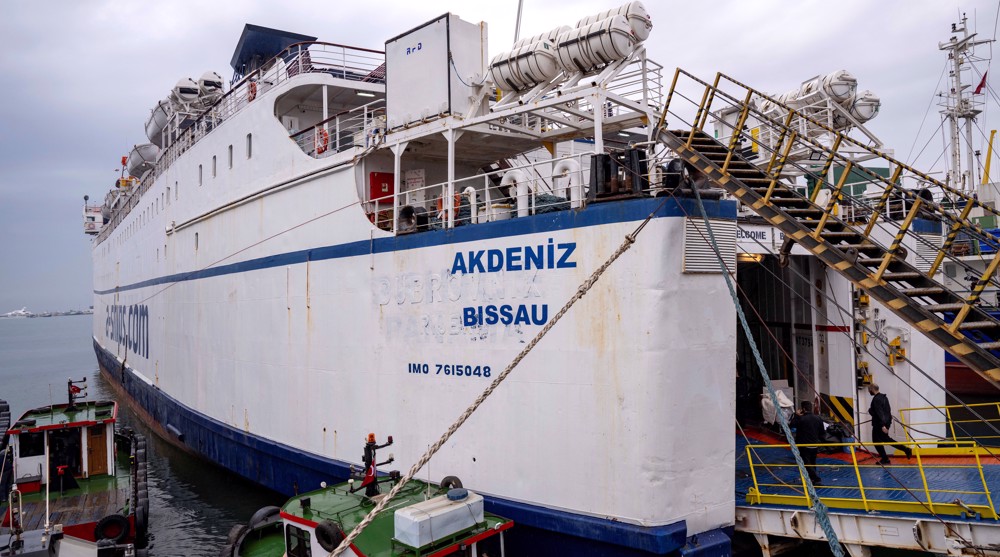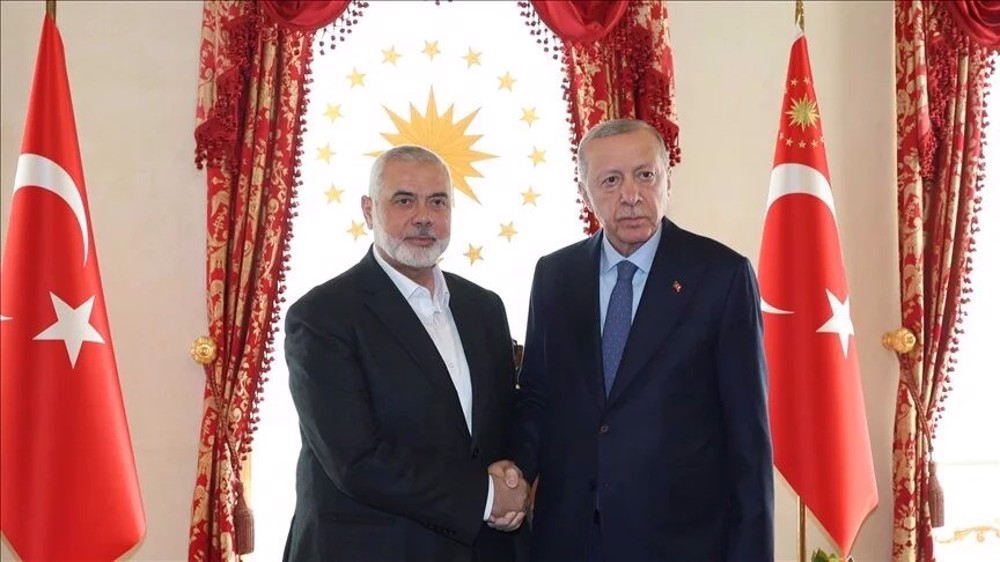HRW accuses Turkey of ‘silencing’ media in post-coup crackdown
Human Rights Watch (HRW) has accused the Turkish government of silencing independent media in an attempt to block scrutiny or criticism of Ankara’s large-scale crackdown on dissidents following an abortive July 15 military coup.
The New York-based rights group said in a report on Thursday that Turkey’s “assault” on critical journalism had accelerated after the putsch and that journalists had described the atmosphere in which they work as “stifling.”
The watchdog said some 140 media outlets and 29 publishing houses had been shut down since mid-July under post-coup emergency decrees, leaving over 2,500 journalists and media workers without jobs.
Accusing Ankara of using the criminal justice system as a tool against the media, the HRW also said the government in Turkey interfered with editorial independence and forced outlets to dismiss critical journalists.
“Keeping 148 journalists and media workers in jail and closing down 169 media and publishing outlets under the state of emergency shows how Turkey is deliberately flouting basic principles of human rights and rule of law central to democracy,” said Hugh Williamson, the Europe and Central Asia director at the HRW.
The Thursday report was based on interviews with 61 journalists, editors, lawyers, and press freedom activists as well as on reviews of court documents. It came after another report by the non-governmental media rights group Reporters Without Borders (RSF) earlier this week, which said Turkey had become the “world’s biggest prison for the media profession.”

The coup began when a faction of the Turkish military declared it was in control of the country. The rogue soldiers commandeered tanks and helicopters and clashed with police and people on the streets of Ankara and Istanbul. Between 200 and 300 people were killed on both sides in the attempted coup d’état.
The state of emergency was first imposed a few days after the putsch bid. It was renewed for another three months in October.
Emergency decrees have since extended the period of police detention without judicial review from four to 30 days and allowed the authorities to deny detainees access to lawyers for up to five days.
The government in Ankara has launched a sweeping crackdown on those believed to have played a role in the failed coup.
It has arrested over 35,000 people and sacked over 100,000 others over suspected links with Fethullah Gulen, a US-based Turkish cleric that Ankara blames for orchestrating the coup attempt. Gulen rejects the charge.
VIDEO | US continues starving Syrians, stealing their resources
Yemeni forces strike Israeli ship, Port of Eilat in solidarity with Gaza
Columbia, Yale students bent on ending US support for Israeli genocide
VIDEO | Genocide in Gaza
Iran calls on BRICS to play role in stopping Israeli crimes
President Raeisi’s historic visit opens new chapter in Iran-Pakistan ties
Russia: Poland’s talks on hosting US nuclear weapons ‘dangerous’
VIDEO | Israel’s genocide bounty










 This makes it easy to access the Press TV website
This makes it easy to access the Press TV website